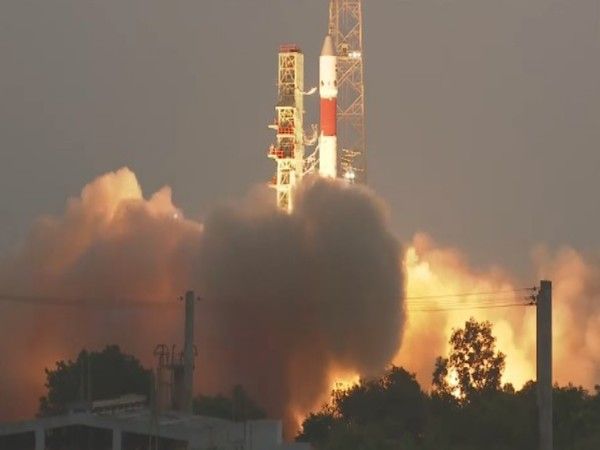ISRO's EOS-09 Mission Ends in Failure Ahead of Planned Launch

MUMBAÏ, INDIA - Indian Space Research Organisation (ISRO) launched its highly anticipated PSLV-C61/EOS-09 mission on Sunday morning, but the operation ended in disappointment as it failed to achieve its primary objective.
The launch, which took place at 5:59 a.m. from the First Launch Pad at the Satish Dhawan Space Centre, got off to a smooth start with the first two stages of the Polar Satellite Launch Vehicle (PSLV) functioning normally for the initial 10 minutes after liftoff. However, just as the rocket reached its expected altitude, live visuals from the Mission Control Centre suddenly stopped, and screens at the media centre displayed a cryptic message - "Wait for further information".
A statement issued by ISRO soon confirmed that while the mission had proceeded nominally up to the second stage, an anomaly occurred in the third stage. Despite the Solid Motor Stage igniting as expected, ISRO officials revealed that an unspecified issue arose immediately after, resulting in mission failure.
Addressing the media, Dr. V. Narayanan, Chairman of ISRO, acknowledged that "the first and second stages performed as expected" but unfortunately added their share to fail due to an unforeseen issue following the ignition of the third stage. The scientist announced that a thorough analysis is underway, with additional information set to be communicated following the completion of the telemetry data evaluation.
The satellite intended for deployment onboard the PSLV-EOS-09 mission was geared towards bolstering India's surveillance capabilities along its sensitive border with Pakistan, particularly given Pakistan’s military response to the killing of civilians in Jammu and Kashmir's recently disputed region of Pahalgam. The outcome appears disappointing as news spread across the nation that which everyone had much anticipated a glorious success on this day morning, yet once gain ISRO have promised to implement the lessons gathered from this incident.
The failure marks the first major setback for India’s increasingly robust space program and has sparked widespread interest among scientists and observers worldwide.
